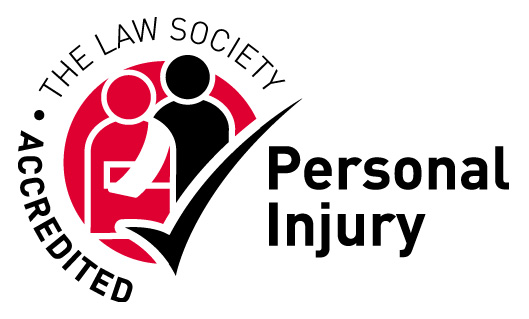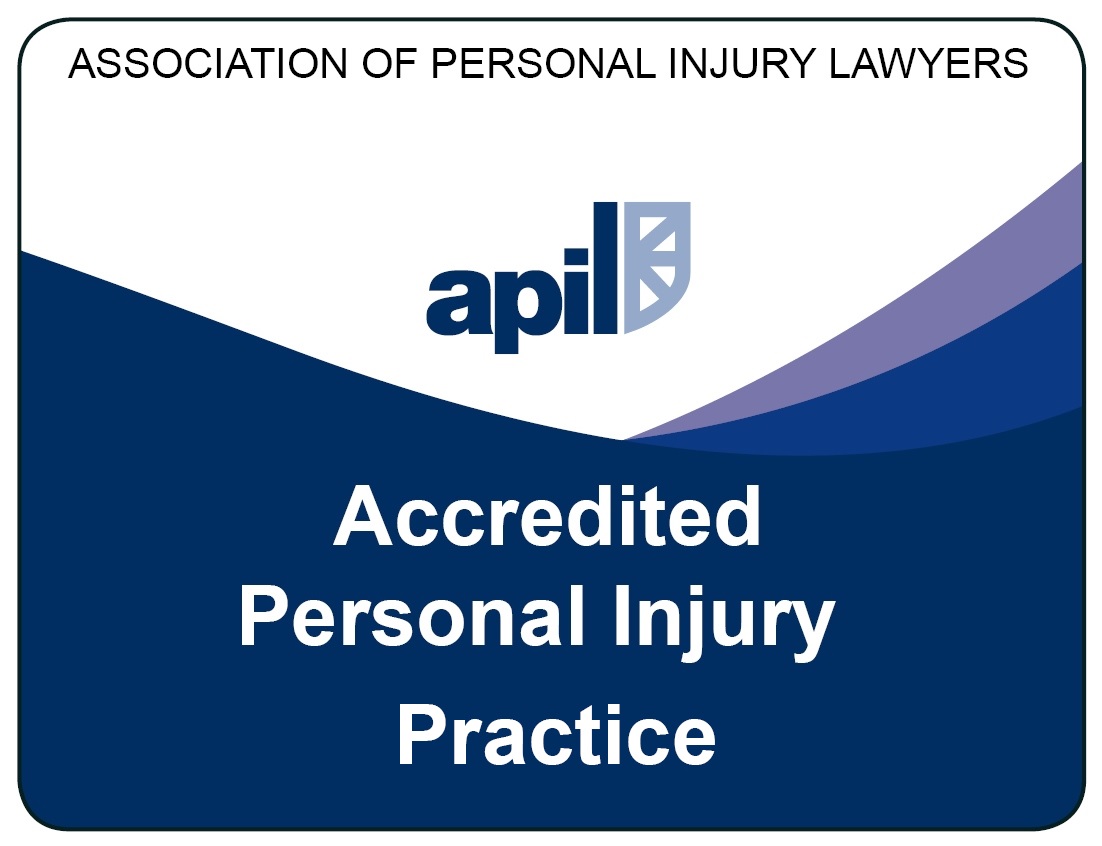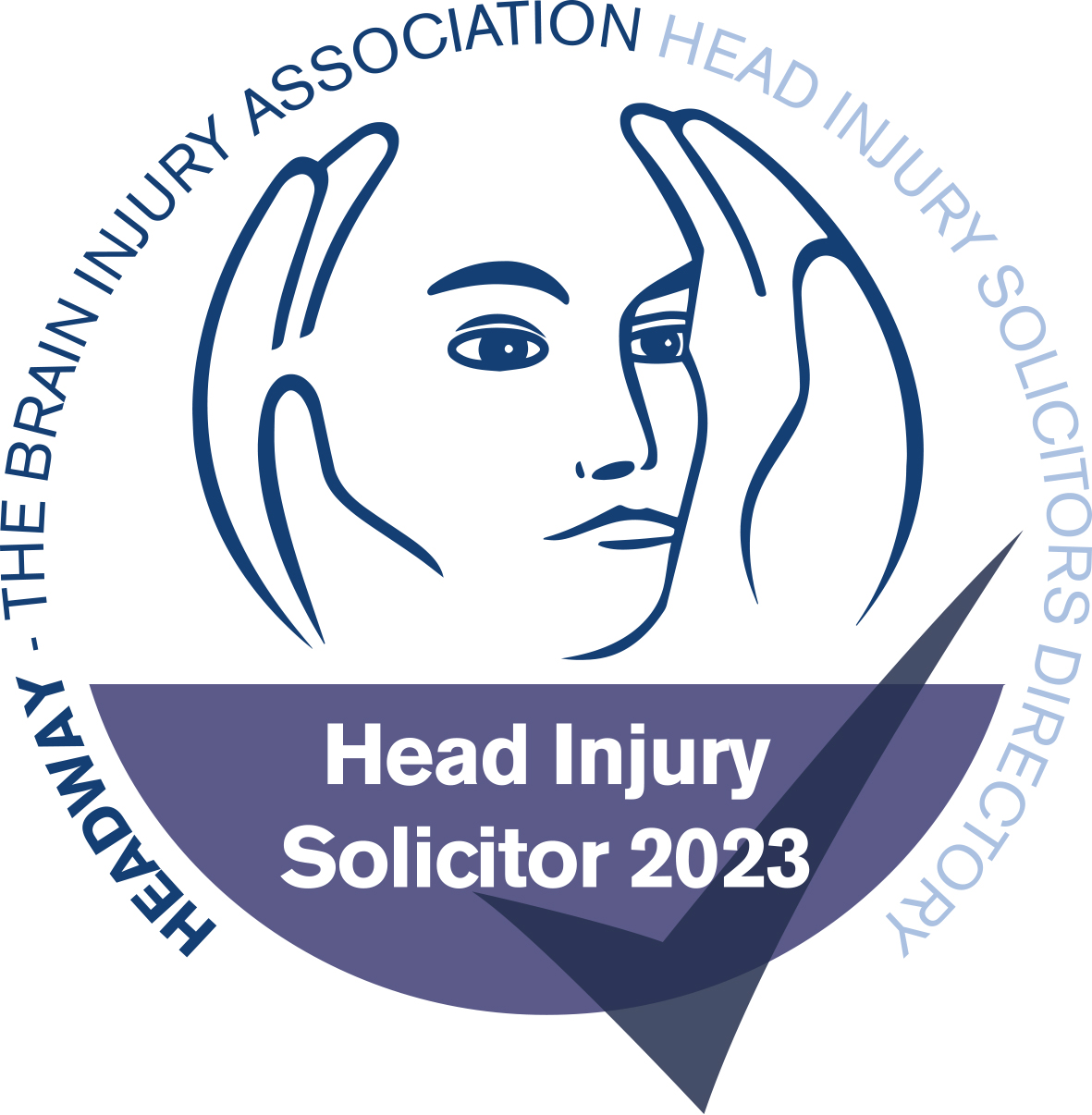



Birth Injury Compensation Claims
Over 700,000 babies are born in the UK each year. Thankfully, the vast majority of childbirths go as planned.
A birth injury can turn one of the most anticipated and happiest times into one of great distress. Pregnancy and labour are the two main situations where a personal injury caused by medical error can occur.
If you have been affected by birth injury as a result of negligence, you may be legally entitled to compensation. Our birth injury lawyers are on-hand to advise you on your potential claim. Call us on 0800 342 3206 or make an enquiry online to request a call-back.
Different types of birth injury
A pregnant woman may suffer from one of the following conditions:
- Pre-eclampsia
- Maternal diabetes
- Gestational diabetes
- Uterine rupture
- Placental abruption
- Caesarian section wound infection
All of these conditions can leave patients vulnerable to medical negligence. Other frequent birth injury claims for mothers include perineal tears, sepsis and nerve damage.
The baby can also experience problems during birth, including:
- Erb’s palsy
- Cerebral palsy
- Facial palsy
- Strep B infection
- Jaundice
- Ruptured placenta
- Skin irritations
- Brain damage
- Eye infections and injuries
- Spinal cord injuries
- Umbilical cord injuries
- Brachial plexus injury
- Hypoglycaemia
Birth injury claims
Bruising or swelling can occur, but these are overcome with time and without the need to pursue any kind of claim. It might also be the case that there is not a single individual culpable, due to a complicated birth beyond the control of any medical intervention. This may be the case with an unusually large baby, a breech or a premature baby. When considering whether or not to lodge a claim, you should also ask the following questions:
- Was there a specific action that directly resulted in an injury?
- How avoidable was the injury?
- How high would you say the level of care was?
By answering these questions you will be able to give yourself a clear indication of how viable your case is going to be. Although making a claim may not be the first thing to consider following a traumatic event, extra financial support can often alleviate a difficult situation.
In instances where mistakes can be determined, accountability lies with the midwife/midwives present during the labour and the obstetrician or doctor overseeing the birth. The most common types of medical negligence in pregnancy and birth are medical inefficiencies, delivery complications, NHS funding issues and staffing problems.
Unless a medical professional can prove that they acted alongside a trusted body of medical opinion relating to births and delivery, they can be deemed liable for ‘medical negligence’. It is frequently the case that medical authorities present fail to notice hypertension or neglect to perform a necessary C-section.
By law, medical professionals have a responsibility to administer procedures with due diligence and in a proper manner; this is classed as a ‘duty of care’. When not adhered to, patients can make a claim for medical negligence against a staff member/s.
Making a birth injury claim
To determine whether you are entitled to compensation after suffering as a result of medical negligence during pregnancy or childbirth, you should first speak to a legal professional. Contact Jefferies Solicitors to speak to one of our personal injury solicitors. They will take some first-stage preliminary details regarding your case and we can take it from there together.
We appreciate that this will no doubt be a very difficult time for you, but rest assured, you will find our medical negligence and personal injury teams both professional and sensitive throughout the legal process.
To learn more and to discuss your potential claim in confidence, contact our team on 0800 342 3206. Alternatively, complete our online contact form to arrange an initial no-obligation telephone consultation with a member of our expert team.
[DISPLAY_ULTIMATE_SOCIAL_ICONS]




